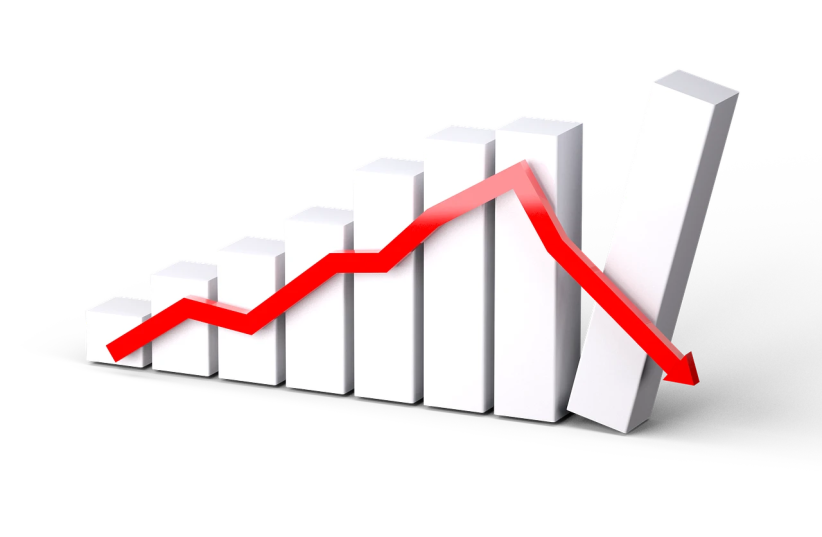Fitch Ratings on Monday affirmed Israel’s “A+” sovereign credit rating with a “stable” outlook, citing strong government finances. Nevertheless, it said the recent judicial reform legislation might cause uncertainty in Israeli financial markets.
Israel “balances a diversified, resilient and high value-added economy and strong external finances against a high government debt/GDP ratio, elevated security risks and a record of unstable governments that has hindered policymaking,” Fitch said in a statement.
“The government’s initial judicial overhaul package has been watered down but remains highly controversial and faces strong civil society and political opposition,” it said, adding that it “believes the changes may have a negative impact on Israel’s credit metrics if the weakening of institutional checks leads to worse policy outcomes or sustained negative investor sentiment or weakens governance indicators. Fitch considers the current measures are unlikely to trigger a material exodus of talent and capital in the hi-tech sector.”
Fitch is the latest international credit-rating agency to warn against the potential negative impact of the government’s judicial reform plans. Last month, Citi, Moody’s, Morgan Stanley, and S&P warned investors about the increased risk presented by the judicial reform’s effect on the economy’s stability.
Morgan Stanley said in a statement: “We see increased uncertainty about the economic outlook in the coming months and risks becoming skewed to our adverse scenario... Markets are now likely to extrapolate the future policy path and we move Israel sovereign credit to a ‘dislike stance.’”

Prime Minister Benjamin Netanyahu and Finance Minister Bezalel Smotrich celebrated the credit-rating update.
“The approval of Israel’s credit rating at the A+ level and leaving the forecast at ‘stable’ prove what we have been saying all along – Israel’s economy is strong, stable, and solid,” they said in a joint statement. “Israel is good for business. Those who invest in Israel profit... When you look at the true data of the Israeli economy, you get a picture that is the opposite of what the news channels are trying to create night after night.”
A turbulent economy
A recent economic summary from Bank Hapoalim called attention to a few critical factors that set the stage for the Central Bureau of Statistics’ imminent release of growth data as the second economic quarter comes to a close.
According to Hapoalim, forecasts suggest low economic growth, and data shows a decline in government income, further devaluation of the shekel due to political instability, and the potential risk of activity within the hi-tech sector further declining throughout the year.
The many recent criticisms of Israel’s economy in light of the judicial reform have had a notable effect on the hi-tech sector, one of Israel’s primary economic engines.
According to a recent report from Start-up Nation Central (SNC), private funding for Israeli hi-tech companies hit a five-year low in the first half of 2023, dropping 29% compared with the second half of 2022 and reaching a level last seen in 2018. Early-stage funding rounds, especially those under $20 million, also declined after a period of stability in 2022, the report said.
Investor participation in funding rounds decreased 53% compared with the same period in 2022, and foreign investors led for the first time in a decade, SNC reported. The market for initial public offerings and mergers and acquisitions in Israel also experienced significant drops, the report said, adding that the uncertainty from Israel’s judicial reform efforts contributed to these trends, with fewer emerging start-ups and decreased fundraising.
“The uncertainty and internal changes in Israel, together with global economic changes, are prominently expressed in the activity of the Israeli ecosystem and reflect a significant slowing down and an ebb in activity,” said Yariv Lotan, SNC’s vice president of digital products, development, data, and business intelligence. “This sharp drop stands in opposition to the stable trends in funding and venture capital seen in the US.”
